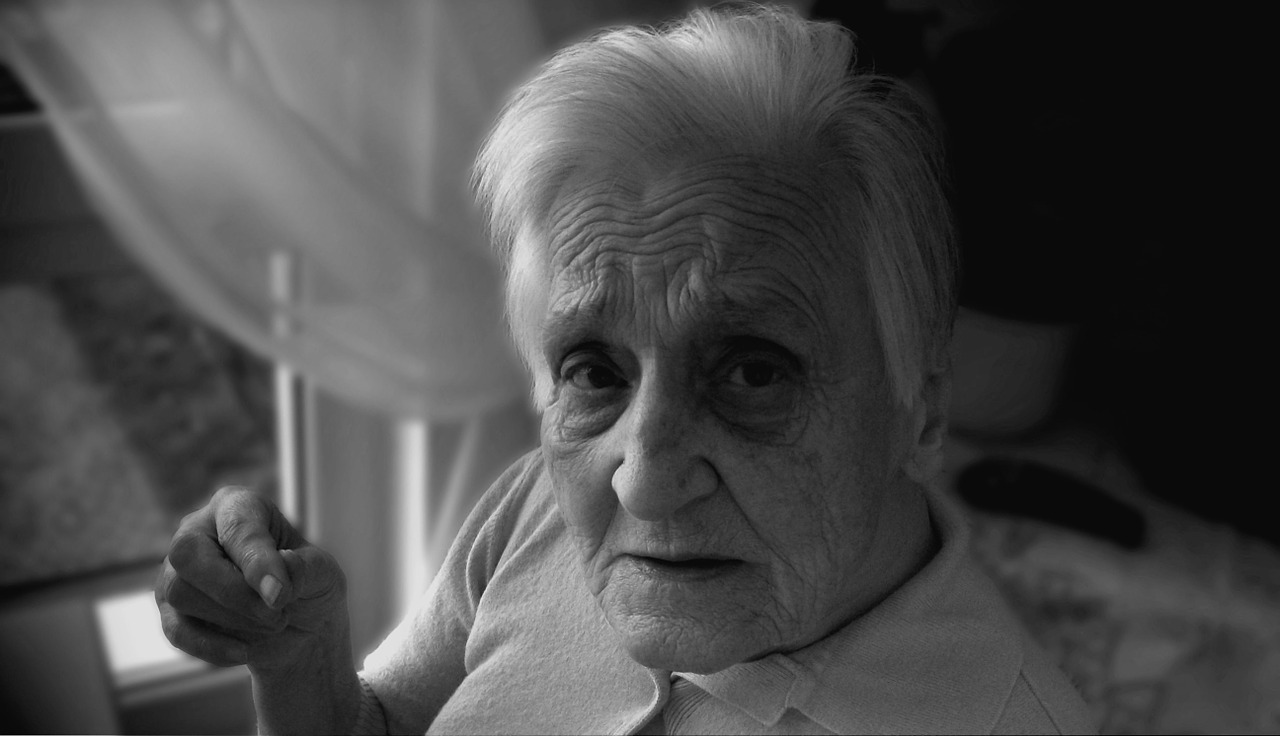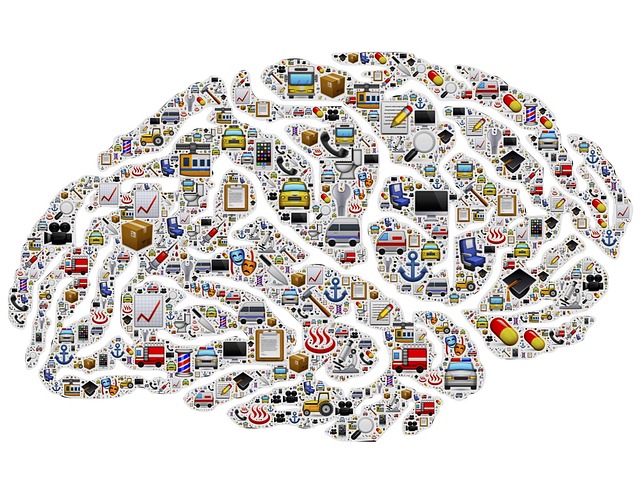
Alzheimer is messing with one’s head and life
This most common form of dementia affects millions and constantly draws attention of medical community. As any other disease of this kind, Alzheimer’s dementia progressively deteriorates memory, cognitive functions, behavior and social skills of a patient. It usually starts as mild confusion and slight difficulties remembering, but over the time, it leads to severe memory loss, critical changes in behavior and makes a patient fully dependent on the others.
[themify_box style=”red info shadow” ]Degenerated brain cells die, abnormal proteins accumulate in brain tissue and people eventually end up forgetting significant events, the closest family members or crucial information.[/themify_box]
Therapy options are quite limited
The definite cause of Alzheimer’s dementia is not understood. There are theories involving heredity, lifestyle, intelligence levels and environmental factors, but none of them give final answers. Thus the treatment is narrowed down to reducing symptoms and  enabling people to stay independent for a little longer. Commonly used to types of drug include cholinesterase inhibitors and Memantine, both used to increase and support communication between neurons and improve cognitive functions and slow down memory loss. Unfortunately, both medications show quite modest results. In additions to these drugs, sometimes patients use anti-depressants or anti-anxiety drugs to control behavior and psychological symptoms. The rest of management strategy comes down to creating safe and supporting environment.
enabling people to stay independent for a little longer. Commonly used to types of drug include cholinesterase inhibitors and Memantine, both used to increase and support communication between neurons and improve cognitive functions and slow down memory loss. Unfortunately, both medications show quite modest results. In additions to these drugs, sometimes patients use anti-depressants or anti-anxiety drugs to control behavior and psychological symptoms. The rest of management strategy comes down to creating safe and supporting environment.
Experimental treatments are raising hopes
Among all unfamiliar aspects of Alzheimer’s dementia, there is an essential issue that holds the key to future development of treatment: do these patients have problems storing information and memories or recalling them after they’ve been stored? There are many currently ongoing researches mainly focused on boosting neuronal communication in brain areas involved with memory processes. Most of these studies approach the mater assuming that previously stored memories are lost and attempt to prevent further losing. One recent proof – of – concept research applied totally different approach, assuming that memories are not lost and could be revived.
Optogenetic methods offer the newest and promising approach to AD
Lead by the Nobel Prize winner, Professor Susumu Tonegawa, team of scientists from the Picower Institute for learning and memory at MIT conducted research on lab mice genetically modified to express Alzheimer’s like symptoms. The scientists used special photo-sensitive protein to mark certain areas in the brain, such as hippocampal dentate gyrus and expose them to blue light effect. The idea was based on the assumption that all memories are still there and all it takes is to find effective way of activating neuron cells and stimulating them to growth new dendrite connections with other cells. All mice previously experienced electric shock soon forgotten due to their artificially induced Alzheimer’s.
After their brain areas essential for memory process were exposed to this optogenic treatment, mice expressed fear when placed in the chamber where electric shock was conducted.
 Memories are not lost
Memories are not lost
This proved that therapy revived their previous memories of unpleasant experience. This study has also answered big question, proving that patients with Alzheimer don’t lose their stored memories, but in fact just lose the ability to recall them. Currently, this technique is not directly applicable to humans, but its results are certainly directing future experiment into clear direction.
[themify_box style=”gray highlight shadow” ]Memories and information are not lost and future technologies have to figure out effective way to retrieve them. From point of view of an average patient suffering dementia – memories are not lost and obviously hope for definite cure neither.[/themify_box]

 Memories are not lost
Memories are not lost